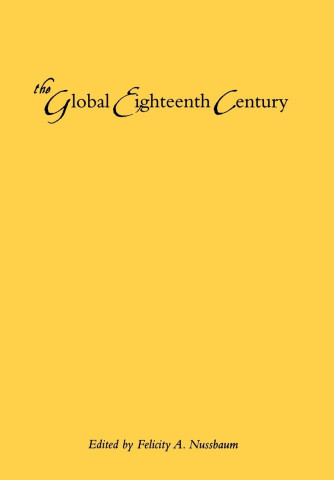
Reviews
Garcia's book gives valuable new insight and opens up a fascinating new direction into an already heavily mined field.
In this important and fascinating new book, Humberto Garcia makes a significant contribution to our understanding of the ways that English author conceptualized Islam in the long eighteenth century.
Based on an analysis of both primary and secondary sources, this is an informative, well- researched and highly readable book. Consisting of around 100 pages of notes and references alone, it is a highly recommended reading especially for students of English literature, history and comparative religion.
A tour de force in substance and argument, Humberto Garcia's signal study uncovers a surprisingly coeval narrative with Enlightenment ideals and demonstrates in painstaking detail the multifarious receptions and assimilations of Islam into English constitutional and nationalist discourse. This book will make an impressive difference to the field of post-colonial inquiry.
Book Details
List of Figures
Preface
Acknowledgments
Introduction: Rethinking Islam in the Eighteenth Century
1. A True Protestant Mahometan: Henry Stubbe, Ottoman Hungary, and the Siege of Vienna
2. Letters from a
List of Figures
Preface
Acknowledgments
Introduction: Rethinking Islam in the Eighteenth Century
1. A True Protestant Mahometan: Henry Stubbe, Ottoman Hungary, and the Siege of Vienna
2. Letters from a Female Deist: Lady Mary Wortley Montagu, Muslim Women, and Freethinking Feminism
3. In Defense of the Ancient Mughal Constitution: Edmund Burke, India, and the Warren Hastings Trial
4. Ali Bonaparte in Hermetic Egypt: The Colonial Politics of Walter Savage Landor's Gebir
5. The Flight and Return of Mohammed: Plotting Samuel Taylor Coleridge's and Robert Southey's Unitarian Epic
6. A Last Woman's Eschatology: The Avenging Turks in Mary Shelley's The Last Man
Epilogue: Postcolonial Reflections
Appendix A: Outline of "MOHAMMED"
Appendix B: Southey's Sketch of "Mohammed"
Notes
Works Cited
Index





